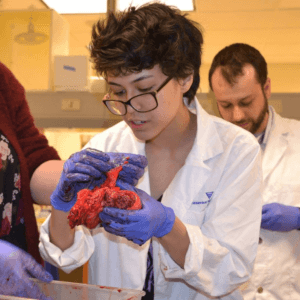“I want to be a role model that shows, yes, you can be a scientist or an engineer, even if you started at community college.”

Luciana Custer earned associate degrees in biotechnology and bioengineering from Great Bay Community College, in 2018 and 2019, respectively, then transferred to the University of New Hampshire, where she is on track to graduate with a bachelor’s degree in bioengineering.
At UNH, she works in the Surface Enhanced Electrochemical Diagnostics (SEEDS) Lab studying the use of cyclodextrin derivatives for electrochemical sensing applications. She plans to apply to graduate schools this winter, with a goal of earning a Ph.D. in biomedical engineering or neural engineering.
“My ultimate career goal is to make a difference in mental healthcare, whether through securing a better understanding of the etiology of mental illness, creating diagnostic devices, or improving upon existing therapeutics, so I’m not sure yet if academia, industry, or national labs are best suited for me,” she said. “I hope my time in graduate school will lend me the training and resources to decide which plan to follow.”
Whatever path she chooses, it began at Great Bay. She attended Great Bay out of convenience – it was close by and affordable. She got much more than she expected and wants to help promote the community college system as a starting point for careers in science and technology by sharing her story.
“I want to be a role model that shows, yes, you can be a scientist or an engineer, even if you started at community college,” she said. “Many, many disadvantaged and underrepresented groups attend community college, and higher education desperately needs these perspectives — but a lot of people don’t know how to get there or believe they can make it.”
She said Great Bay was a crucial starting point, for economic and academic reasons. “I wouldn’t have been able to afford UNH without the transfer scholarships I attained through my time at Great Bay, and starting in that small-pond environment really helped me build my confidence as a student and researcher,” she said.
She benefited from Great Bay’s intimate and non-competitive environment, and she said her relationships with faculty members Deb Audino and Leslie Barber “were invaluable to jumpstarting my research career, and I doubt I would have gotten a lab management and research position so quickly at UNH without my prior experience as a lab manager and TA under Deb.”
Beyond the lab intensive coursework, she also completed tasks as manager and teacher’s assistant that gave her confidence about bench science, and she enjoyed Great Bay’s clubs and extracurricular activities. She was on the executive boards of the STEM club, International Club, Programming Club, History Club, and the Student Government.


